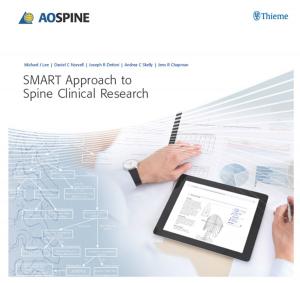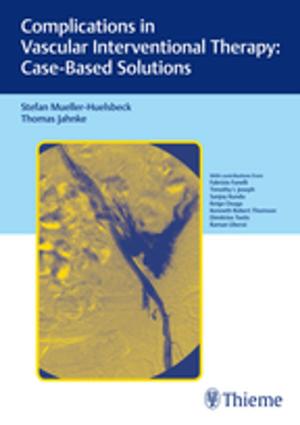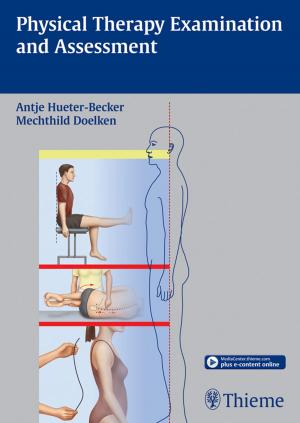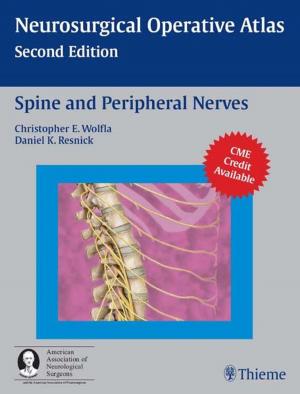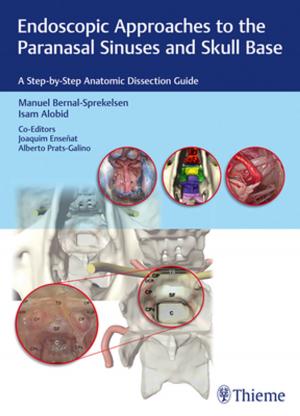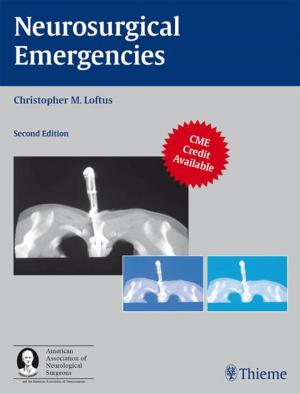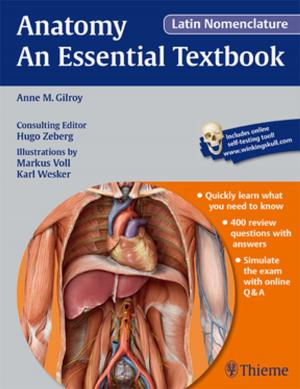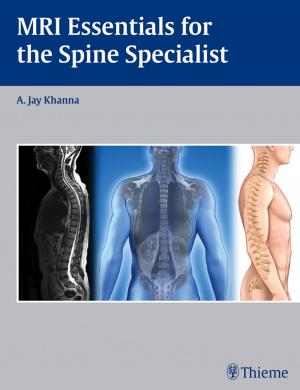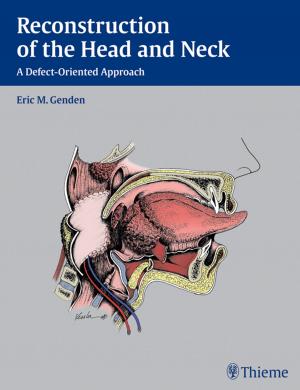Reverse Shoulder Arthroplasty
A Practical Approach
Nonfiction, Health & Well Being, Medical, Specialties, Orthopedics| Author: | David M. Dines, Joshua Dines, T. Bradley Edwards | ISBN: | 9781626233614 |
| Publisher: | Thieme | Publication: | September 27, 2017 |
| Imprint: | Thieme | Language: | English |
| Author: | David M. Dines, Joshua Dines, T. Bradley Edwards |
| ISBN: | 9781626233614 |
| Publisher: | Thieme |
| Publication: | September 27, 2017 |
| Imprint: | Thieme |
| Language: | English |
This masterful book from top experts provides clinical insights on reverse shoulder arthroplasty gleaned from hands-on refinement of shoulder replacement techniques. Years of significant biomechanical and clinical research yielded invaluable knowledge that led to important improvements in functional outcome and implant durability. Among these refinements were stronger polyethylene derivatives, better ingrowth technology, and improved connection devices. As the durability and longevity of implant technology increased, younger active patients became suitable candidates for this procedure. In fact, RSA has played a pivotal role in making shoulder arthroplasty the fastest growing implant technology.
In the first two sections, the authors take the reader through the history and evolution of RSA, followed by step-by-step surgical techniques for specific injuries and conditions. The next three sections discuss past and recent outcomes, complications, and rehabilitation. The last section covers special considerations including patient specific instrumentation, convertible humeral and glenoid components, and the future potential of stemless humeral technology.
Key Features
- The latest trends in patient-specific components, guide systems, and instrument design
- The use of RSA for rotator cuff repair, shoulder arthritis, and acute and complex fractures
- In-depth discussion of techniques to improve deltoid function, avoid impingement, and increase implant longevity
- Clinical pearls on how to recognize and handle complications that occur: instability, infection, scapular notching, component loosening, glenoid and humeral bone loss, and RSA failure
- High quality videos and 300 superb illustrations further delineate techniques
This book is a practical resource that enables learning complex procedures, putting them into practice, and handling complications should they arise. It is an essential tool for all orthopaedic surgeons who treat shoulder conditions.
This masterful book from top experts provides clinical insights on reverse shoulder arthroplasty gleaned from hands-on refinement of shoulder replacement techniques. Years of significant biomechanical and clinical research yielded invaluable knowledge that led to important improvements in functional outcome and implant durability. Among these refinements were stronger polyethylene derivatives, better ingrowth technology, and improved connection devices. As the durability and longevity of implant technology increased, younger active patients became suitable candidates for this procedure. In fact, RSA has played a pivotal role in making shoulder arthroplasty the fastest growing implant technology.
In the first two sections, the authors take the reader through the history and evolution of RSA, followed by step-by-step surgical techniques for specific injuries and conditions. The next three sections discuss past and recent outcomes, complications, and rehabilitation. The last section covers special considerations including patient specific instrumentation, convertible humeral and glenoid components, and the future potential of stemless humeral technology.
Key Features
- The latest trends in patient-specific components, guide systems, and instrument design
- The use of RSA for rotator cuff repair, shoulder arthritis, and acute and complex fractures
- In-depth discussion of techniques to improve deltoid function, avoid impingement, and increase implant longevity
- Clinical pearls on how to recognize and handle complications that occur: instability, infection, scapular notching, component loosening, glenoid and humeral bone loss, and RSA failure
- High quality videos and 300 superb illustrations further delineate techniques
This book is a practical resource that enables learning complex procedures, putting them into practice, and handling complications should they arise. It is an essential tool for all orthopaedic surgeons who treat shoulder conditions.

